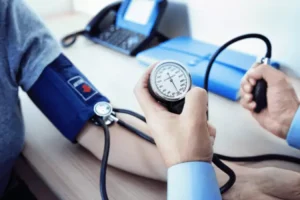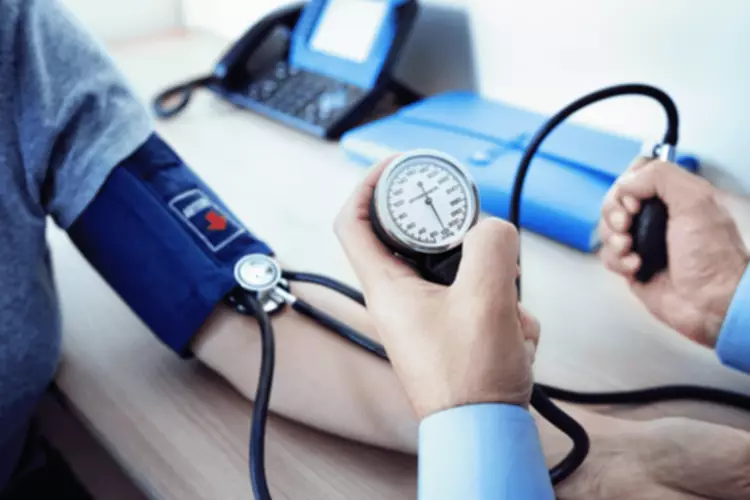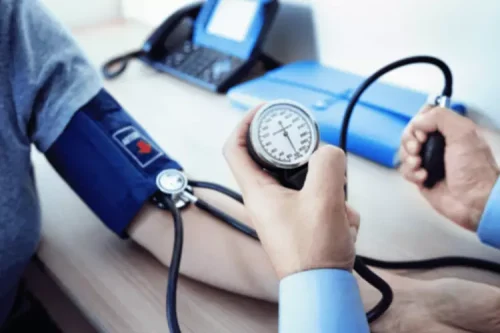
You doctor also can refer you to a treatment center or experts who can help. People put forth that a “mental detox” is just as vital as a physical one. Mental health what is alcoholism conditions like anxiety and depression oftenco-occur with alcoholism.
Managing alcohol cravings
If your goal is to quit drinking, do you want to gradually reduce the amount of alcohol you consume over time or give up drinking all at once? There’s no right answer, but you should go into quitting with a roadmap for your journey ahead. You have loved ones who are here to help you, and this is a process you cannot be expected to go through by yourself. Your friends and family, sober communities, and support groups are all there to encourage, comfort, and guide you. Through the help of others, you can break free from your addictive habits and start a new life as an alcohol-free individual. If you’re ready to seek treatment—be it alcohol detox, inpatient rehab, or outpatient care—American Addiction Centers can help.
Tips for Those Trying to Stop Drinking
Maybe you experience your strongest cravings when you feel anxious or stressed or find yourself facing conflict with someone you care about. Most people who experience cravings notice a mix of internal and external triggers. The pleasant euphoria you experience when drinking becomes a reward, one that reinforces your how to overcome alcoholism desire to drink in certain situations. You might eventually start craving that reward in new situations. Below, we’ll explore why cravings happen and offer a few tips to manage them, from in-the-moment techniques to long-term coping strategies.
- The one that’s right for you depends on your situation and your goals.
- Support can come from family members, friends, counselors, other recovering alcoholics, your healthcare providers, and people from your faith community.
- Something that can help many people overcome addiction is inpatient or residential care.
- People who have a severe reaction to quitting alcohol should seek emergency treatment.
Professional resources and helplines for alcohol treatment and recovery
- However, if you are feeling depressed or find yourself constantly wanting to return to the addictive behavior, you should seek support and treatment.
- It’s common to experience difficulty when making big changes, but good self-care practices can help you manage overwhelming feelings and take care of your mind and body.
- Some researchers have also found that alcohol stimulates appetite, causing you to eat more when you drink.
- “Alcohol cravings can be very intense, especially in early recovery,” explains Ruby Mehta, licensed clinical social worker and director of clinical operations for digital recovery platform Tempest.
- With inpatient care, a patient can get support throughout all phases of treatment, starting with detoxification.
- If you spend an average of $100 a week on alcohol, you’ll save more than $5,000 a year when you give up drinking.
The truth is that with alcoholism, a single drink can trigger a relapse and set a person’s recovery several steps back. Beyond being able to stop alcohol consumption, many addiction treatment programs also help people rebuild their lives after suffering the negative impact of their drinking habits. An important thing for you to do if you want to stop drinking is to avoid triggers.

Health Categories to Explore
During these early stages of the process, you might be in denial about the effects of your addiction. As you become more aware of the problems you are facing, you might then struggle with feelings of ambivalence even as you become more aware of your need to overcome your addiction. People who have a substance use disorder often find that overcoming it is more challenging than they expected. They may feel that addiction is a myth and they can quit any time they want or that they are an exception to the rule. This can also occur with behavioral addictions involving activities such as eating, sex, gambling, shopping, and exercise.
- From there, preparing, planning, finding support, and talking to a healthcare provider can help put you on a path to a successful recovery.
- Examples include Alcoholics Anonymous, SMART Recovery, and other programs.
- For example, there are different medications available to treat opioid, nicotine, and alcohol addiction.
- Mental health conditions like anxiety and depression oftenco-occur with alcoholism.

Alcohol causes changes in your brain that make it hard to quit. Trying to tough it out on your own can be like trying to cure appendicitis with cheerful thoughts. Overcoming an addiction to alcohol isn’t easy, but you don’t have to do it alone. The Recovery Village’s addiction specialists develop personalized treatment and therapy to meet our clients’ unique needs.Call us todayto discuss your situation and how we can help.

Alcohol and Cialis: Risks, Side Effects & Treatment
- While this can be somewhat difficult, it can help you acclimate to not having any alcohol.
- Which option is best for you depends on how much you’ve been drinking, how long you’ve had a problem, the stability of your living situation, and other health issues you may have.
- At the end of the day, one of the most important tools you have at your disposal is self-compassion.
- You don’t have to leave the house to get support from other people who understand and respect what you’re trying to do.
- Understanding the three distinct components of your habit loop can help you come up with more specific strategies to overcome cravings when they pop up.
Try to remain neutral and don’t argue, lecture, accuse, or threaten. If you turn to alcohol to ease anxiety, try exercise as a healthy alternative. If you answer “yes” to two to three questions, your symptoms align with mild AUD. If you answer “yes” to four to five questions, your symptoms align with moderate AUD. If you answer “yes” to six or more questions, your symptoms align with severe AUD. Consult with a licensed mental health professional to further explore AUD.
Get online support.
It can also help you gain a new perspective as you consider how your life will change without alcohol. Whatever your reason to quit drinking, know that you’re doing yourself a favor. Alcohol impacts our sleep, relationships, weight, risk for serious chronic conditions and more.
